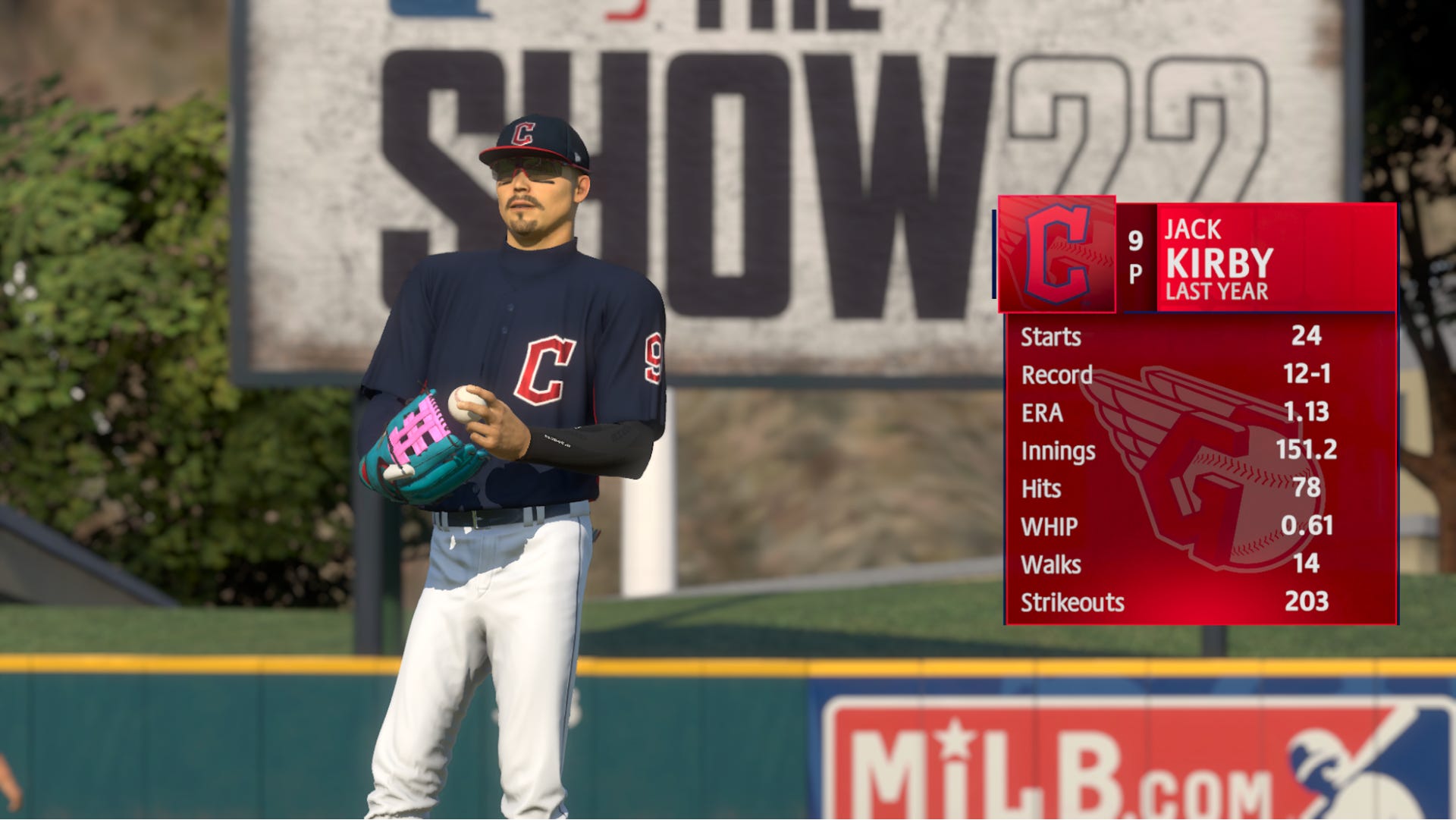MLB: The Show can make you feel the frustration and isolation of the world's greatest athletes

Despite being raised in Britain, last year I started playing MLB: The Show 22' as part of a growing fascination with baseball spurred by the game's cover star, Shohei Ohtani, a literal once-a-century talent. I created a character in imitation of him, Jack Kirby, a two-way player with the ability to both regularly hit home runs and pitch at an elite level. This was considered genuinely impossible outside of a video game before Ohtani. Since I was still learning the sport, the majority of my time was spent in the career mode, Road to the Show.
Personal achievement is the end goal of Road to the Show. Teams are set up to be deliberately transitory-you're drafted through a somewhat baffling conversation tree, and you move through two minor-league teams over the course of a few months. Because you only take control of your character for the moments they actually play, winning individual games, or the season, is almost entirely out of your hands. You can pitch perfectly, or score two home runs, only to discover your team lost by a huge margin. All that matters is that your individual stats go up, and your contract goes up. Theoretically, your money should go up too, and your career income is placed teasingly at the bottom of the stats page.
But here's the thing MLB: The Show reflects real-life MLB contracts, and that means it takes at least two years playing for a team to have any ability to renegotiate salary above the league minimum, and up to six years to gain the ability to go into free agency and change teams, regardless of the wealth the player generates for a team. This means even though money is one of the only meaningful long-term goals to strive towards, playing every start means it can take hundreds of real-world hours to negotiate a raise or change teams.
Nguồn: Eurogamer